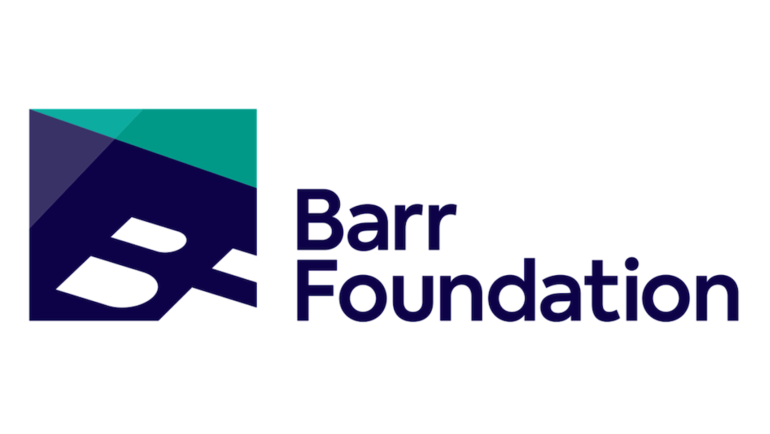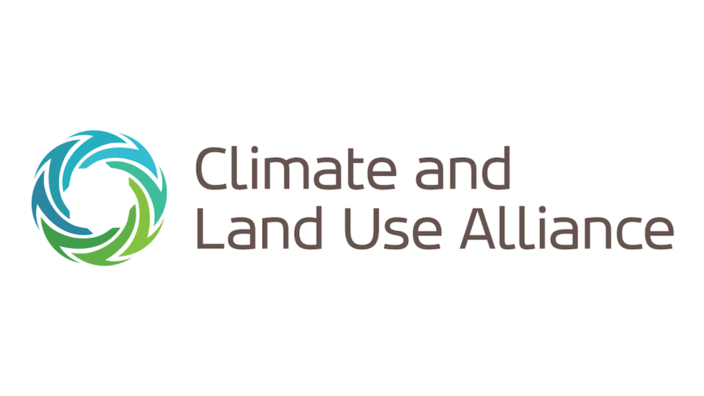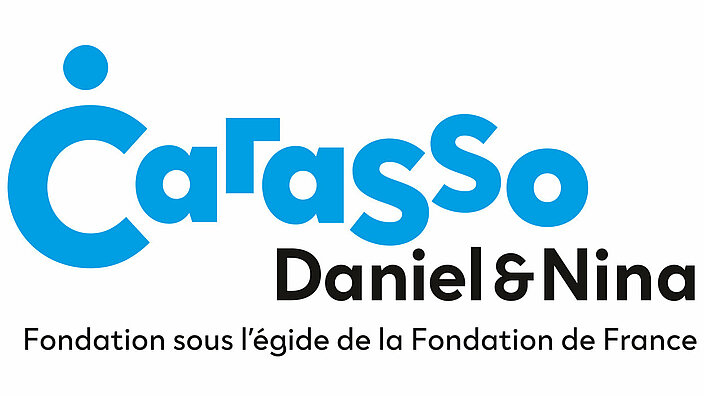Barr Foundation
The Barr Foundation is a private foundation based in Boston, Massachusetts, that focuses on climate as one of three programme areas. In this work, the Barr Foundation prioritises communities that have suffered the most from the fossil fuel economy and climate organisations whose work is centred in equity. In 2021, the Barr Foundation awarded grants of around 34 million USD in the area of climate.
Kalila Barnett
Senior Programme Officer, Climate Resilience
Rationale
The impacts of climate change cross the administrative and social boundaries of communities. That is why the Barr Foundation recognises Networks between municipalities as crucial in building climate resilience. This is especially the case in areas like Greater Boston, where the capacity of municipalities to deal with climate change varies greatly. Beyond the public sector, strengthening Networks of marginalised communities helps to raise their voices. This inclusion of diverse perspectives can build a stronger environmental movement and makes responses to climate change more effective.
Application in Practice
In a major grant to the local watershed association, the Barr Foundation has funded the Resilient Mystic Collaborative, a partnership among neighbouring communities along Boston’s Mystic River. The Collaborative enables municipal staff as well as actors from civil society and private enterprises to come together and work across political boundaries to protect the people and infrastructure from climate risks. This includes, for example, analysing and sharing data to create maps of vulnerable areas such as flood-prone territories.
Moreover, the Barr Foundation has supported the Innovation Network for Communities, which coordinates a network of mostly private and large non-profits, like universities and hospitals. The aim of the network is to support cities on their path to carbon neutrality and long-term climate resilience by sharing best practices.
Expected Results
For many municipalities involved in the Mystic River Collaborative, the maps were an important first step in identifying climate-related needs of their communities and prospective actions to meet them. Based on this work, some municipalities have successfully applied for public funds on climate resilience. The Mystic Resilient Collaborative now represents a vast majority of the communities in the watershed and has attracted more than 2.5 million USD in additional regional climate funding.
Moreover, by convening multiple stakeholders, the Collaborative has sparked new forms of cooperation. One new project that has developed from discussions within the Collaborative is the social resilience working group.
Lessons learned
What has worked well?
- Involve different stakeholders in your networks: Building on academic analysis is crucial but it is equally important to listen to the voices of practitioners to find responses to the climate crisis that work.
- Keep capacities in mind: Even when there is a willingness to act, stakeholders may work with limited capacity and on long timescales, especially in the public sector.
- Start by building relationships: Networks take time. For example, jointly managed infrastructure projects can take several years to have an impact. However, fostering better relationships and building previously eroded trust will set the stage for developing project ideas.
- Incubate collaborations: Often stakeholders require help with the first steps of building a Network. Mapping out stakeholders with similar challenges or with information to tackle them can be the first bit of legwork in enabling collaboration.
What are opportunities for new funders?
- Use networks to co-produce your funding strategy: Convening cross-sectoral stakeholders helps to understand existing barriers to and opportunities for collaboration. This is particularly important if you seek to scale solutions from the intermediate to the systemic level.




